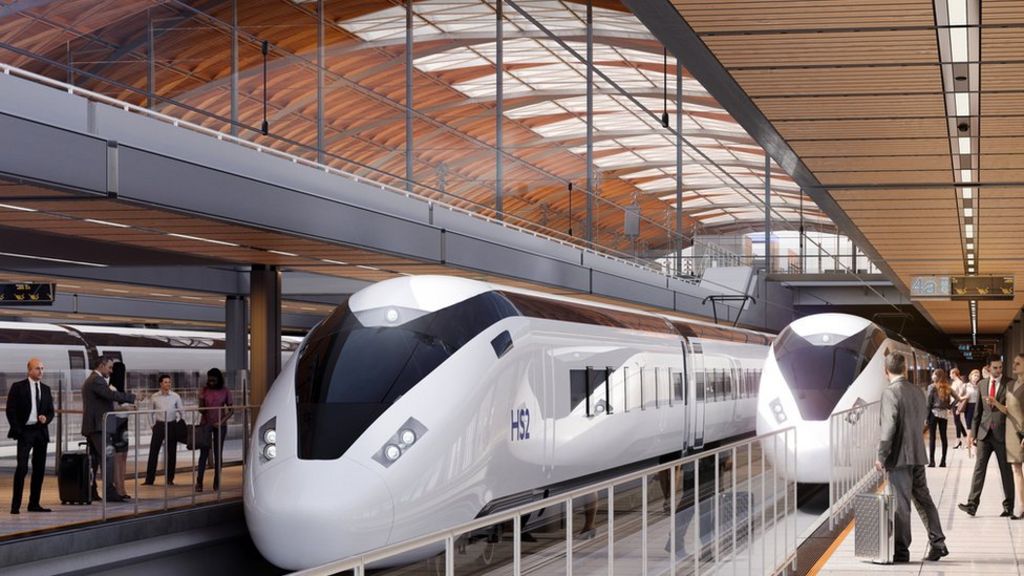nfitz
Superstar
That there's as many as currently flying Toronto to Montreal says a lot!Not that many actually. And even fewer coming up.
Not travel in general - but you literally said that "A rail service that took 2 hrs to Ottawa and 3 hrs to Montreal would pretty much kill Porter." And my response that HSR wouldn't get all the traffic to Montreal was in response to Johnny's comment that "Once there's HSR between Toronto and New York City and between Toronto and Montreal, Porter would not be able to compete with that." My point is that even if someone finds the $100 billion to make a 3-hour trip to Montreal, then Billy BishopNobody is saying HFR will kill travel.
Meanwhile Northern said "Personally, I would love to see Billy Bishop gone." Sure sounds like some are talking about how to kill travel from Billy Bishop.
If the shorter HS2 in the UK is now costed at well over $100 billion, I don't know how you think that it's going to be costing less than that here.
